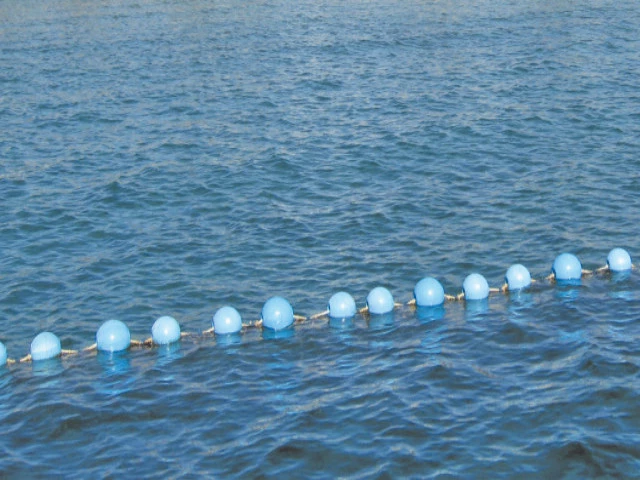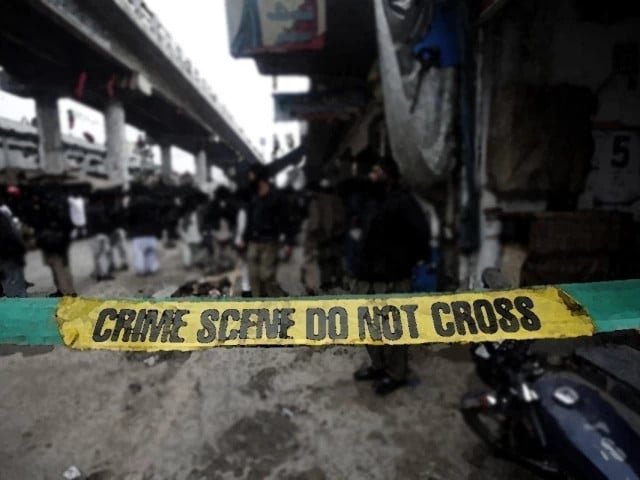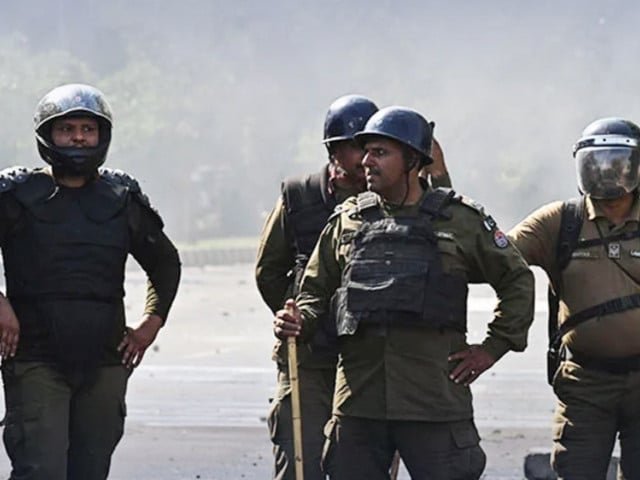The Game-Changer: Harnessing the Blue Economy in Pakistan
Did you know that Pakistan’s coastline spans over 1,000 kilometers, enveloping a treasure trove of potential in its oceans and seas? This is what we call the blue economy, and it’s being celebrated as a game changer for the country. But what does that really mean? Let’s dive in!
To start, the blue economy covers all economic activities tied to oceans and coastal areas. For Pakistan, this signifies immense opportunities, particularly as it taps into sectors like offshore oil and gas exploration. While this could boost economic growth significantly, it also raises questions about geopolitical tensions in the region. With global powers eyeing strategic locations, navigating these waters requires careful consideration.
A critical aspect to focus on is the maritime sector, encompassing shipping, ports, and logistics. Fun fact: approximately 95% of Pakistan’s trade is conducted via sea routes! This presents a prime opportunity to enhance maritime infrastructure, which could ultimately increase trade and create jobs. The fisheries industry alone has the potential to create over a million jobs, strengthen food security, and boost exports. However, with only a couple of operational ports and limited infrastructure, there’s quite a bit of catching up to do.
Let’s not forget renewable energy; offshore wind and tidal energy are the future. Transitioning to cleaner energy sources not only reduces our reliance on fossil fuels but also contributes to sustainable development. Further opportunities exist in coastal tourism and marine biotechnology, both of which can drive regional development.
Yet, it’s essential to recognize the larger picture. Pakistan’s coast holds strategic importance, making it a focal point for geopolitical tensions. Issues in the South China Sea and the ongoing U.S.-China rivalry can complicate matters, particularly for initiatives like the China-Pakistan Economic Corridor (CPEC).
And then there’s climate change. With rising sea levels, coastal communities are at risk, which means enhancing resilience is non-negotiable. Pakistan ranks among the top ten countries that are most vulnerable to climate impacts, making it crucial to implement action plans aimed at protecting marine ecosystems.
The recent surge of interest in offshore oil and gas is significant but comes with its own set of challenges. Attracting foreign investment, especially from nations like the U.S. and Turkey, calls for a thoughtful approach to negotiations.
The government is also making strides in this area; initiatives like the 10-year National Fisheries and Aquaculture Policy (2025-2035) aim to modernize the fisheries sector. However, fostering environmental stewardship must be a priority. Sustainable practices are essential for the longevity of the blue economy.
Moreover, reforming institutions and strengthening governance can improve the effectiveness of blue economy initiatives. Addressing socio-economic issues, particularly in areas like Balochistan, can create a more stable environment for investment and growth.
In essence, Pakistan’s blue economy is a vast ocean of potential, ready to be explored. But realizing that potential requires navigating geopolitical challenges, implementing effective policies, and cultivating a spirit of cooperation. With love, strategy, and commitment, Pakistan can not only unlock its marine resources but also pave the way for a sustainable future.
If you’re interested in engaging more deeply with this topic, consider reaching out to organizations like Pro21st, which are dedicated to fostering dialogue around this vital economic frontier. The future is bright — let’s make it sustainable!





